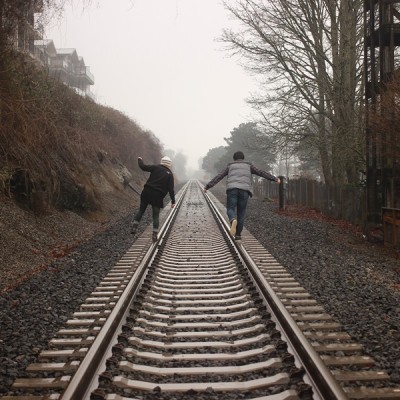
A few months ago, I joined an online babwearing group, which has conversations about social justice and racism as part of babywearing.
Although I have a deep education in sustainability, it is more than fair to say that I come at it from an environmental and economic background. Social justice is the last part of the ‘triple bottom line’ for me to actively engage with.
It’s been a terrifyingly steep learning curve, grappling with (in the order of my self-education):
- Tone policing — No, We Won’t Calm Down – Tone Policing Is Just Another Way to Protect Privilege
- Cultural appropriation — What’s Wrong With Cultural Appropriation? These 9 Answers Reveal Its Harm
- Privilege — The day I checked my privilege
- Racism — Walking While Black and I, Racist
- Roots of racism in the US — I used to lead tours at a plantation. You won’t believe the questions I got about slavery.
- Being an ally for marginalised people — Allyship
Most of the articles I’ve linked here are beautifully written (or drawn) and I encourage you to read them (particularly number 3 and 6).
My eyes are open to injustice now. The news is full of the leaders oblivious to the advantages they’ve had through life. All the models at the optometry shop are white. All the babies in parenting magazines are white. Friends of friends on Facebook are making, ‘I’m not racist, but…’ comments.
It’s Facebook comments that I’m tackling first. I’m not an activist by nature so it takes me a lot of energy to engage in difficult conversations.
Damjan asked me, ‘Is it worth spending your energy on this?’ What I realised was that I have the privilege of answering that question with ‘No,’ and walking away. If I were Aboriginal, Muslim, disabled, transgender, suffering a mental health illness or fat, I would be forced to face in the worst of human nature on the internet and in the real world every day. Bigotry and barriers would come looking for me.
It is unfair that the people targeted with hostility are the ones who have to fight it.
As we tell our children in anti-bullying programs, ‘Don’t be a bystander. Be an upstander. So I’m starting to do my bit in my little corner of the internet.’ I’m getting ready to do it in real life too, as my maternity leave is ending and I leave my home bubble.
Here’s what I particularly need to be conscious of as I try to be a better ally.
- Create space for the people who don’t normally get to speak so that they can be heard — I talk a lot in all settings and I need to shut up and use my influence to allow marginalised voices in. Amplify their messages by repeating them word-for-word or pointing to those voices. Resist the urge to ‘improve’ the story.
- Give weight to people’s experiences — Science and law is the language of debate in my household and workplace. But marginalised people have experiences that are real, important, and not codified in formal systems. I have to listen to these perspectives with an open mind.
- Accept negative emotions as part of the message — Anger and frustration is central to the experiences of marginalised people. Listen to these emotions without asking that people strip their messages into the neutral technical language I’m used to.
- Look for and accept criticism — I participate unconsciously in systematic discrimination every day. I need to be able to accept criticism without feeling defensive.